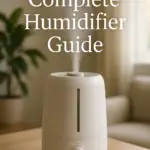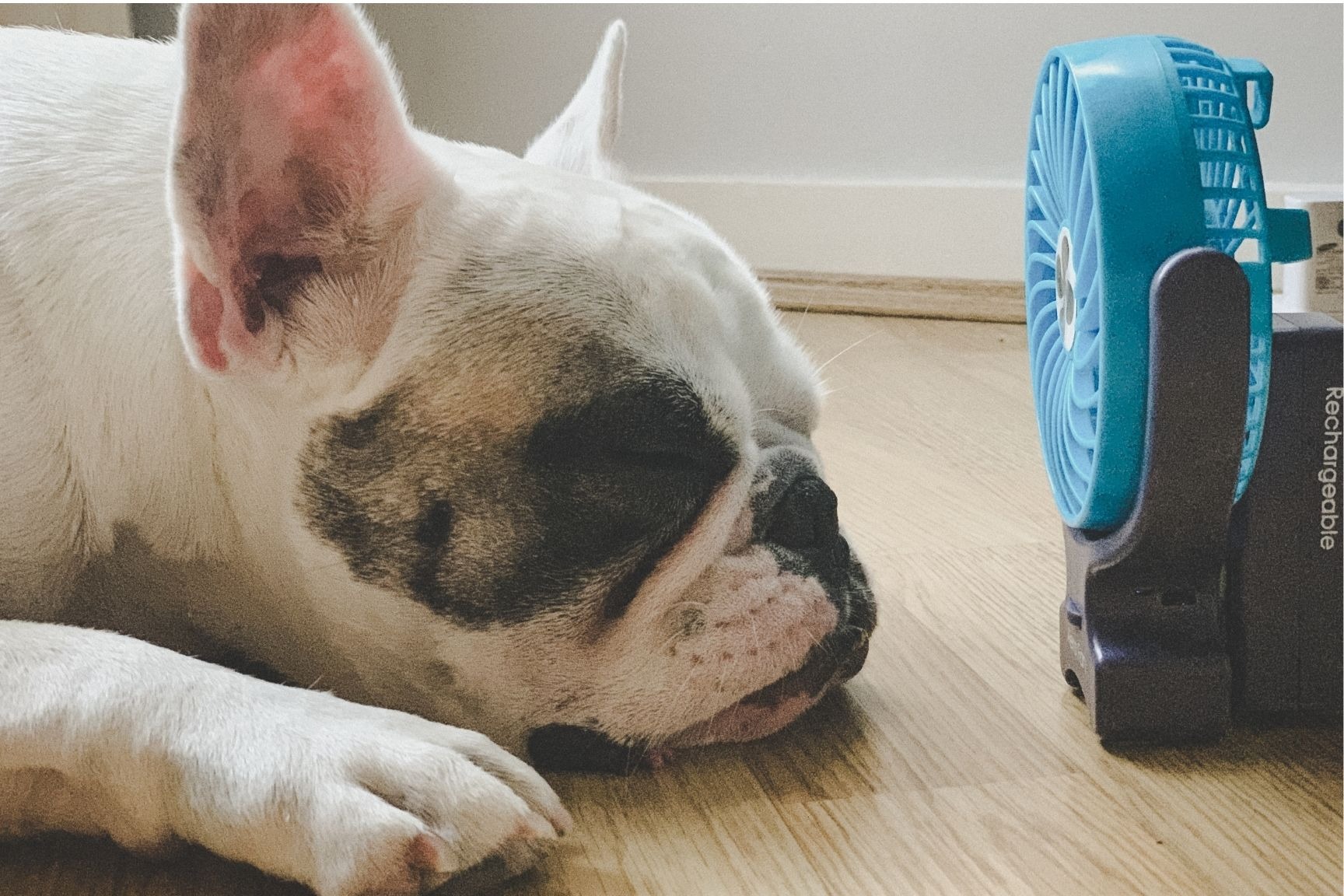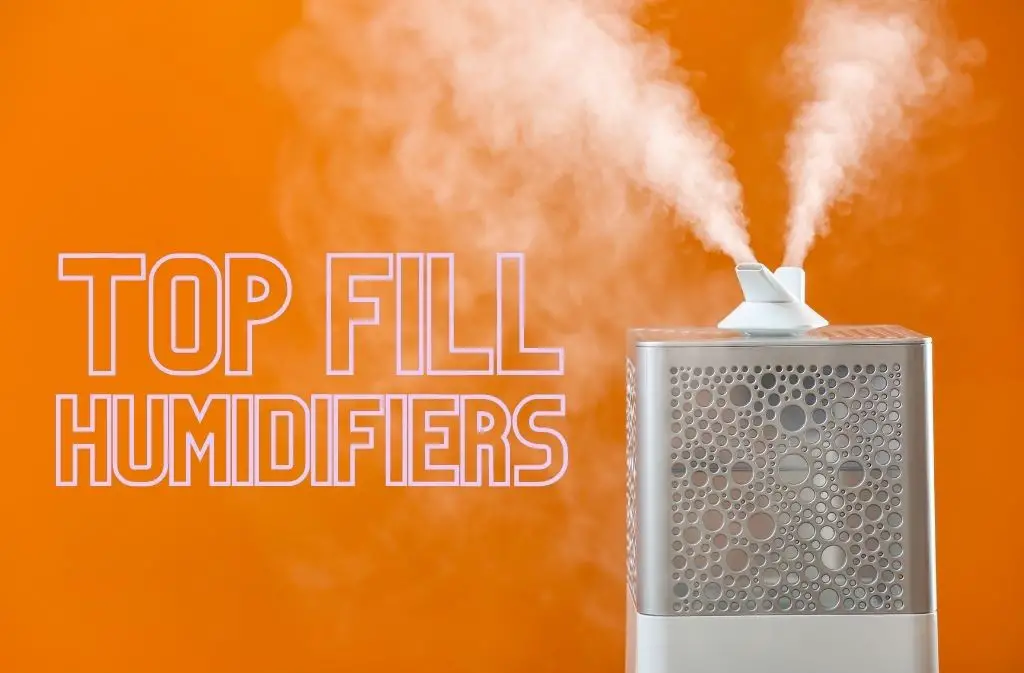Can air conditioning cause a sore throat?
Yes — air conditioning can cause sore throats due to dry air and mold exposure. The AC removes moisture from the air, drying out your throat, and may also circulate mold spores that irritate your airways. Using a humidifier, cleaning your AC, and adjusting airflow can help relieve the symptoms.
Table of Contents
Why Does Air Conditioning Give You a Sore Throat?
Air conditioning is a blessing during sweltering summers, but it can come with a downside — a sore throat. For many people, that scratchy feeling seems to appear out of nowhere after sleeping under the AC or spending hours indoors with it running.
It’s easy to overlook the connection, but the air conditioner could be to blame. There are two main reasons AC can irritate your throat:
1. Dry Air: AC units don’t just cool — they also dehumidify. That means they strip moisture from the air, which can dry out your nasal passages, skin, and throat. A dry environment can leave your throat feeling raw or scratchy, especially in the morning.
2. Mold Exposure: If your unit is poorly maintained, it might harbor mold inside its coils or ducts. Once the AC turns on, it can blow those mold spores into the air you breathe — triggering throat irritation, coughing, or even allergic reactions.
These causes can feel similar, but they lead to slightly different symptoms. Learning to tell them apart is the first step toward fixing the problem.
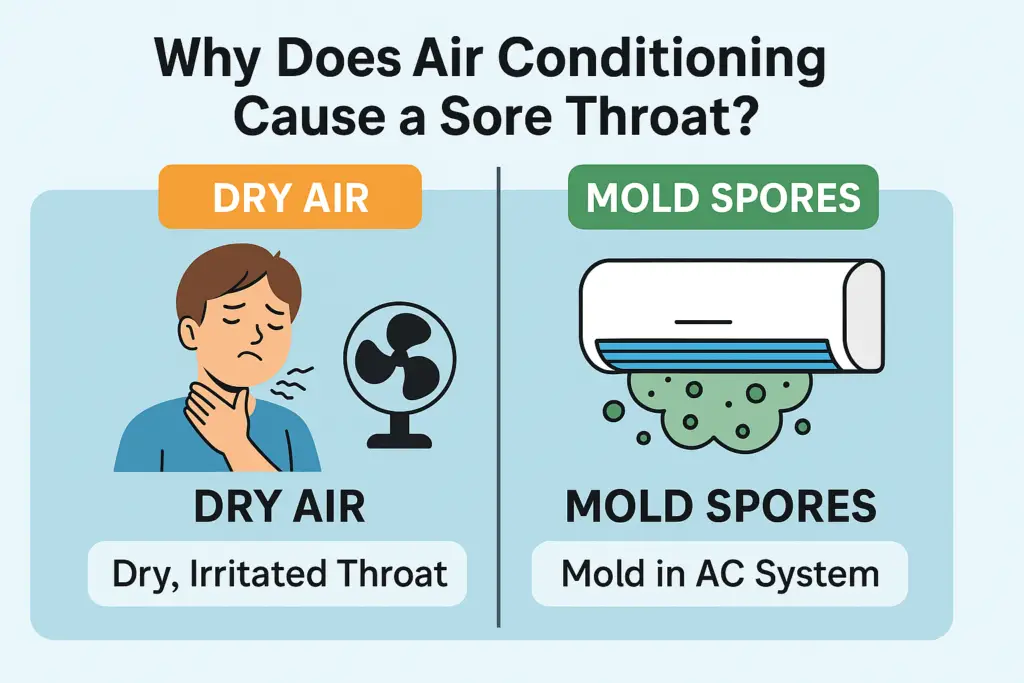
Identifying Your Symptoms
One way to pinpoint what’s causing your sore throat is to look at what other symptoms are showing up — and how long they last.
If you feel dry, parched, or wake up hoarse, dry air from AC is the likely culprit. If your throat is sore and you also notice sneezing, itchy eyes, or a musty smell, mold could be the issue.
Here’s a helpful side-by-side breakdown of symptoms from dry air vs. mold exposure:
| Symptom | Dry Air from AC | Mold Exposure |
|---|---|---|
| Sore Throat | Common | Common |
| Dry Skin | Likely | Less likely |
| Itchy Eyes | Less likely | Likely |
| Musty Odor | No | Yes |
| Persistent Cough | Possible | Likely |
| Sneezing | No | Likely |
| Respiratory Issues | Less likely | Likely |
| Visible Mold | No | Possible |
If sneezing or coughing is your main symptom, check out Why Air Conditioning Makes Me Cough or Why Does AC Make Me Sneeze for more detailed guides.
Immediate Relief Strategies
Once you’ve figured out the likely cause of your sore throat — whether it’s dry air or mold — you can start treating it effectively. The good news is that most people can find relief with simple home remedies.
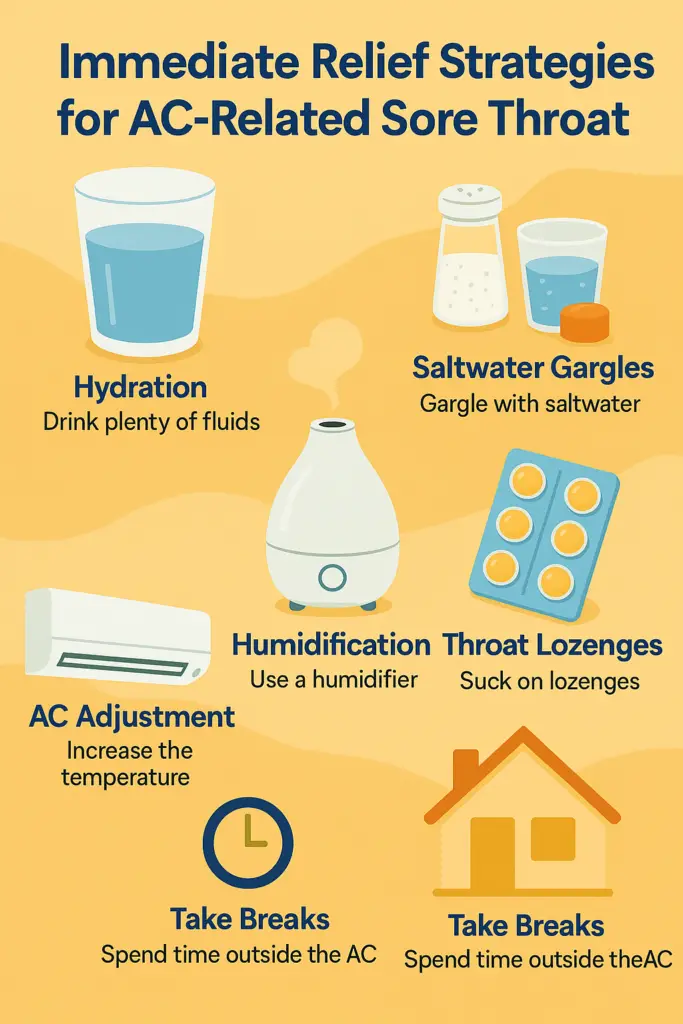
Below are some quick but effective ways to soothe your throat and improve your indoor environment:
- Hydration is key: The simplest and most powerful remedy. Drink plenty of water throughout the day to help your throat stay moist. Dehydration can make throat dryness worse, especially overnight.
- Use a humidifier: A humidifier helps restore moisture to dry indoor air. It’s especially useful in bedrooms where the AC runs constantly. If you’re not sure what kind to buy, check out our guide on how to choose the right humidifier.
- Gargle with saltwater: Mix about half a teaspoon of salt into a glass of warm water and gargle it a few times a day. This can reduce inflammation and flush irritants from your throat.
- Try lozenges or hard candies: These encourage saliva production, which naturally coats and soothes the throat.
- Adjust your AC settings: Setting the thermostat a little higher or switching to dry mode can reduce the amount of cold, dry air blowing through your space. Even moving your bed or desk out of direct airflow can help.
- Air circulation matters: Avoid having the AC blow directly on you while you sleep or work. Redirecting vents or using ceiling fans can help distribute the air more evenly and reduce throat irritation.
- Take breaks from cooled spaces: If your sore throat flares up after long exposure to AC, try spending a little time in rooms that aren’t air-conditioned to give your throat a break.
| Relief Method | Action | Expected Outcome |
|---|---|---|
| Hydration | Drink plenty of water and fluids | Moistens the throat and reduces dryness |
| Humidification | Use a humidifier in your living space | Restores moisture to dry indoor air |
| Saltwater Gargle | Gargle with warm saltwater | Soothes throat irritation and reduces inflammation |
| Throat Lozenges | Use lozenges or hard candy | Stimulates saliva and keeps throat moist |
| Adjust AC Settings | Raise temperature or switch to dry mode | Reduces the drying effect of cold air |
| Take Breaks | Spend time away from air-conditioned areas | Gives throat time to recover from dryness |
| Air Circulation | Redirect airflow away from your face | Prevents direct air contact with your throat |
How Long Does a Sore Throat from Air Conditioning Last?
The length of time a sore throat lingers depends heavily on what’s causing it — and how quickly you act to address the problem.
If dry air is the issue, symptoms may clear up in just a few days with basic remedies like drinking more water, using a humidifier, and limiting your exposure to constant AC. Many people notice improvement overnight after humidifying their bedroom or raising the thermostat a few degrees.
If mold exposure is to blame, things get trickier. Mold spores can cause allergic reactions that persist until the source is dealt with. In this case, symptoms may last for a week or more — especially if you continue breathing in contaminated air. A lingering sore throat, sneezing, or congestion are common clues that mold may be involved.
In more severe cases, especially when mold has built up in an older or poorly maintained unit, professional cleaning or HVAC servicing may be required to fully eliminate the problem.
Still feeling sore after a week? If your symptoms continue despite taking action — or if they’re paired with fever, swollen glands, or rash — it’s time to consult a doctor. Persistent sore throats may be a sign of infection, seasonal allergies, or other health issues that need medical attention.
And if you suspect mold but can’t track down the source, an HVAC professional can inspect your system, clean out ducts, and recommend air quality improvements that could make a major difference in your comfort and health.
 Tackling Dry Air
Tackling Dry Air
If your sore throat is caused by dry indoor air, the most effective strategy is to restore a healthy level of humidity. Air conditioners strip moisture from the air as they cool, and when humidity levels drop too low, your throat, skin, and nasal passages can all suffer.
Here’s how to fight back:
- Maintain Ideal Humidity Levels: Aim to keep your indoor air between 30% and 50% humidity. Anything below that can contribute to dryness, while higher humidity may encourage mold growth. A simple digital hygrometer can help you monitor this.
- Use a Humidifier: Especially in bedrooms or areas with round-the-clock AC use, a humidifier is your best defense against dry air. For help choosing the right type, see our article on how to choose the right humidifier.
- Try Indoor Plants: Certain houseplants like peace lilies and areca palms naturally increase humidity by releasing moisture through their leaves. Just be cautious about overwatering, which can introduce mold into your home.
- Limit AC Usage When Possible: If the weather allows, take breaks from constant air conditioning. Open windows in the early morning or evening when it’s cooler, or use fans to circulate air without drying it out.
Addressing Mold in AC Units
When mold is the cause of your sore throat, it’s essential to clean the source and prevent future growth. Mold can build up in the evaporator coils, drip pans, ducts, and filters — and once it starts, it doesn’t go away on its own.
Here’s how to get ahead of the problem:
- Regular AC Maintenance: Clean or replace your filters every 1–3 months depending on usage. Dirty filters not only reduce performance but also trap moisture and debris — the perfect mold breeding ground.
- Professional Cleaning: Have your AC unit serviced at least once a year. A technician can deep-clean parts of the system you can’t reach, like ducts and coils, and check for mold that’s not visible from the outside.
- Improve Ventilation: Use exhaust fans in the kitchen and bathroom, and open windows periodically to reduce trapped moisture in your home. Good airflow helps keep mold from taking hold.
- Use a Dehumidifier (if needed): In especially humid climates, an AC alone may not remove enough moisture. Placing a dehumidifier near your AC intake or in basements can help keep indoor moisture levels in check.
If you’re noticing a musty smell every time the AC turns on — or if you’ve had persistent throat issues even after trying relief methods — it might be time to call in a professional for a full inspection.
 Advanced Solutions
Advanced Solutions
If you’ve already tried hydration, humidifiers, and cleaning your AC — but still find yourself with a sore throat — it may be time to consider more advanced solutions for your air quality. These aren’t just for allergy sufferers; they can make a big difference for anyone sensitive to air conditioning side effects.
- In-Duct Air Purifiers: These devices are installed directly into your HVAC system and clean the air before it circulates through your home. They’re effective at filtering mold spores, dust, bacteria, and allergens. RGF’s in-duct systems are among the top-tier options, though they can be a bit pricey. A more affordable and still effective model is the Air Health Haven, which works well for most home setups.
- AC System Upgrades: Older air conditioning units are more prone to moisture issues and mold buildup. If your AC is more than 10–15 years old, an upgrade to a newer, energy-efficient model with better humidity control and built-in air filtration may be worth the investment.
- HEPA and UV Filters: Adding HEPA filters or UV light purifiers to your system can help trap allergens and neutralize microbes. These add-ons aren’t just for hospitals — they’re becoming more common in homes where clean air is a high priority.
Advanced upgrades can be especially useful if you or someone in your home has respiratory issues, allergies, or other sensitivities. They’re also a great long-term investment in your home’s air quality and your family’s comfort.
When to Seek Professional Help
If you’ve tried hydration, humidifiers, AC adjustments, and even air purifiers — but you’re still struggling with a sore throat that won’t go away — it might be time to call in the pros. Whether it’s a health issue or a hidden HVAC problem, outside help can often identify what you can’t see.
📌 Talk to a Healthcare Professional
Sometimes, a sore throat from air conditioning can overlap with seasonal allergies, sinus infections, or even more serious conditions. If your symptoms last more than a week or are accompanied by fever, swollen lymph nodes, difficulty swallowing, or a rash, don’t wait it out — get checked out.
- Personalized Medical Advice: A doctor can evaluate your symptoms in context and help rule out causes unrelated to AC, like infections or immune responses.
- Allergy Testing: If mold, dust, or other allergens are suspected, your doctor might recommend testing to confirm sensitivities and help you take specific action.
- Treatment Plans: Prescription or over-the-counter solutions like antihistamines, nasal sprays, or throat medications may be recommended based on your results.
🛠️ Call an HVAC Professional
If mold, poor airflow, or an aging AC unit is contributing to your discomfort, a qualified HVAC technician can assess the system from top to bottom. This is especially important if:
- You notice a persistent musty odor when the AC runs
- There’s visible mold around vents, ducts, or near the unit
- Your filter gets dirty unusually fast
- Your sore throat only happens in certain rooms or when the AC is on
Professional HVAC services can include:
- Deep Cleaning: This involves cleaning the coils, ducts, filters, and drip pans — all common places for mold and dust to accumulate.
- System Inspections: An expert can spot unseen issues, like poor drainage or airflow imbalances, that contribute to dry air or mold growth.
- Upgrades or Recommendations: If your system is outdated, they might suggest improvements like whole-home humidifiers, better filtration, or a new energy-efficient unit.
Bottom line: if your AC is affecting your health, don’t wait too long to bring in help. A clean, well-functioning HVAC system and a bit of professional insight can make a dramatic difference in how you feel.
Final Thoughts
Getting a sore throat from air conditioning might feel like a small price to pay for comfort in the heat — but it doesn’t have to be that way. By understanding the causes — whether it’s dry air, mold, or allergens — you can take real steps to fix the problem and feel better fast.
Small changes like adding a humidifier, staying hydrated, or simply adjusting your airflow can make a noticeable difference. Regular maintenance and cleaning of your AC system go a long way in preventing mold buildup and reducing allergy symptoms.
And if you’ve tried everything and still can’t get relief, don’t hesitate to call in a pro — whether that’s a doctor for lingering symptoms or an HVAC specialist to inspect your system.
At the end of the day, your comfort shouldn’t come at the expense of your health. With a few thoughtful adjustments, you can enjoy cool, clean air — without the scratchy side effects.
Want more ways to breathe better air in your home? Explore our latest tips and guides at BreatheBetterAir.org.
Frequently Asked Questions
Can air conditioning cause a sore throat?
Yes. Air conditioning can lead to a sore throat by drying out the air and circulating allergens like mold spores. These irritants can inflame your throat, especially with prolonged exposure.
Why does my throat feel dry after sleeping with the AC on?
AC units reduce indoor humidity, often leaving the air too dry. Breathing that dry air overnight can dehydrate your throat tissues, causing them to feel sore or scratchy by morning.
Is it unhealthy to sleep in an air-conditioned room?
Not necessarily. Sleeping in an air-conditioned room is safe as long as the unit is clean and humidity is well-balanced. Excessively cold or dry air, however, can contribute to sore throats and other discomforts.
Can air conditioning make you sick?
Yes. If not maintained properly, AC units can circulate dust, mold, and other allergens that may cause sore throats, coughing, sneezing, or respiratory issues.
How can I prevent getting a sore throat from my AC?
Maintain indoor humidity between 30–50%, clean or replace AC filters regularly, and consider using a humidifier to reintroduce moisture into the air.
What humidity level should I maintain indoors to avoid AC-related sore throats?
Aim for a humidity level between 30% and 50%. This range keeps the air comfortable while discouraging mold and excessive dryness.
Can mold in my AC be causing my sore throat?
Yes. Mold spores can grow inside AC systems and be dispersed into the air, triggering sore throats and allergic reactions when inhaled.
How often should I clean or replace my AC filters?
Most filters should be cleaned or replaced every 1–3 months, depending on usage and filter type. Dirty filters can worsen air quality and encourage mold.
What are the signs of mold in an AC unit?
Look for musty odors when the unit runs, visible mold growth around vents or drip pans, and increased allergy symptoms like sore throats or coughing.
Can using a humidifier at night help prevent AC-induced sore throats?
Yes. A humidifier can counteract the drying effect of air conditioning, especially while sleeping, by adding moisture back into the air.
Should I turn off my AC if I have a sore throat?
Not necessarily. Instead, try raising the temperature, reducing direct airflow, and using a humidifier. Also make sure your unit is clean and well-maintained.
What kind of air purifier is best for use with an AC unit?
HEPA air purifiers are great for trapping dust and allergens, while UV light air purifiers can help kill bacteria and mold spores.
Can changing the direction of my AC vents help prevent sore throats?
Yes. Adjusting vents to avoid direct airflow onto your face or body can reduce throat irritation and dryness, especially while sleeping.
Are there specific plants that can help improve indoor air quality with AC?
Yes. Plants like spider plants, peace lilies, and snake plants are known for purifying air and may help balance humidity in AC-cooled rooms.
What should I do if cleaning and humidity control don’t improve my AC-related sore throat?
Consult a healthcare professional to rule out other causes. If the issue seems AC-related, consider a full inspection and cleaning from an HVAC technician.


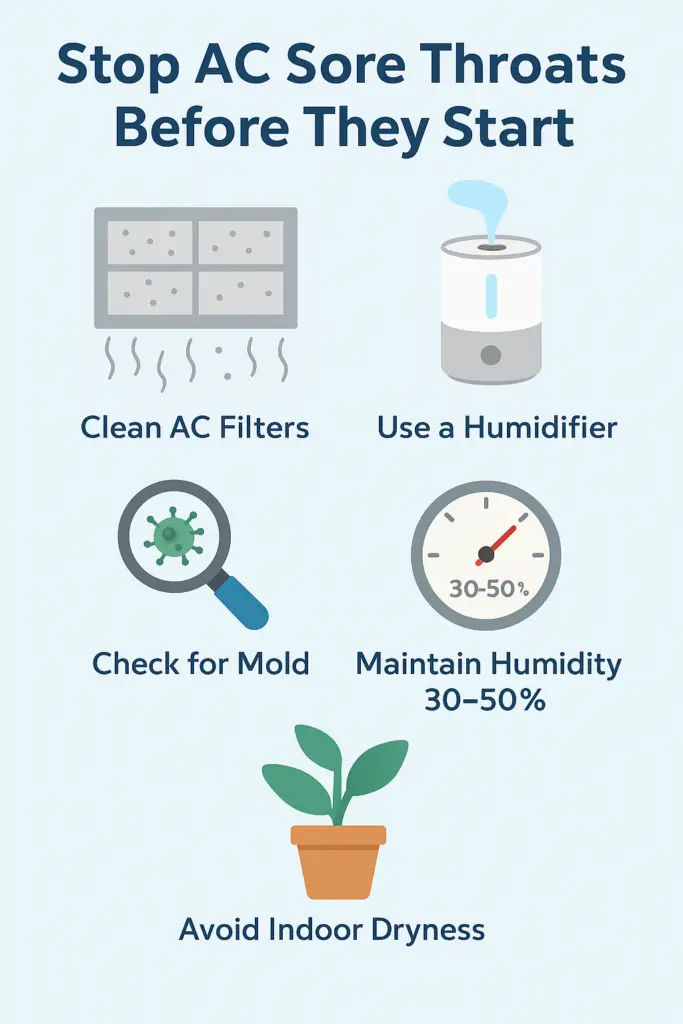 Tackling Dry Air
Tackling Dry Air Advanced Solutions
Advanced Solutions